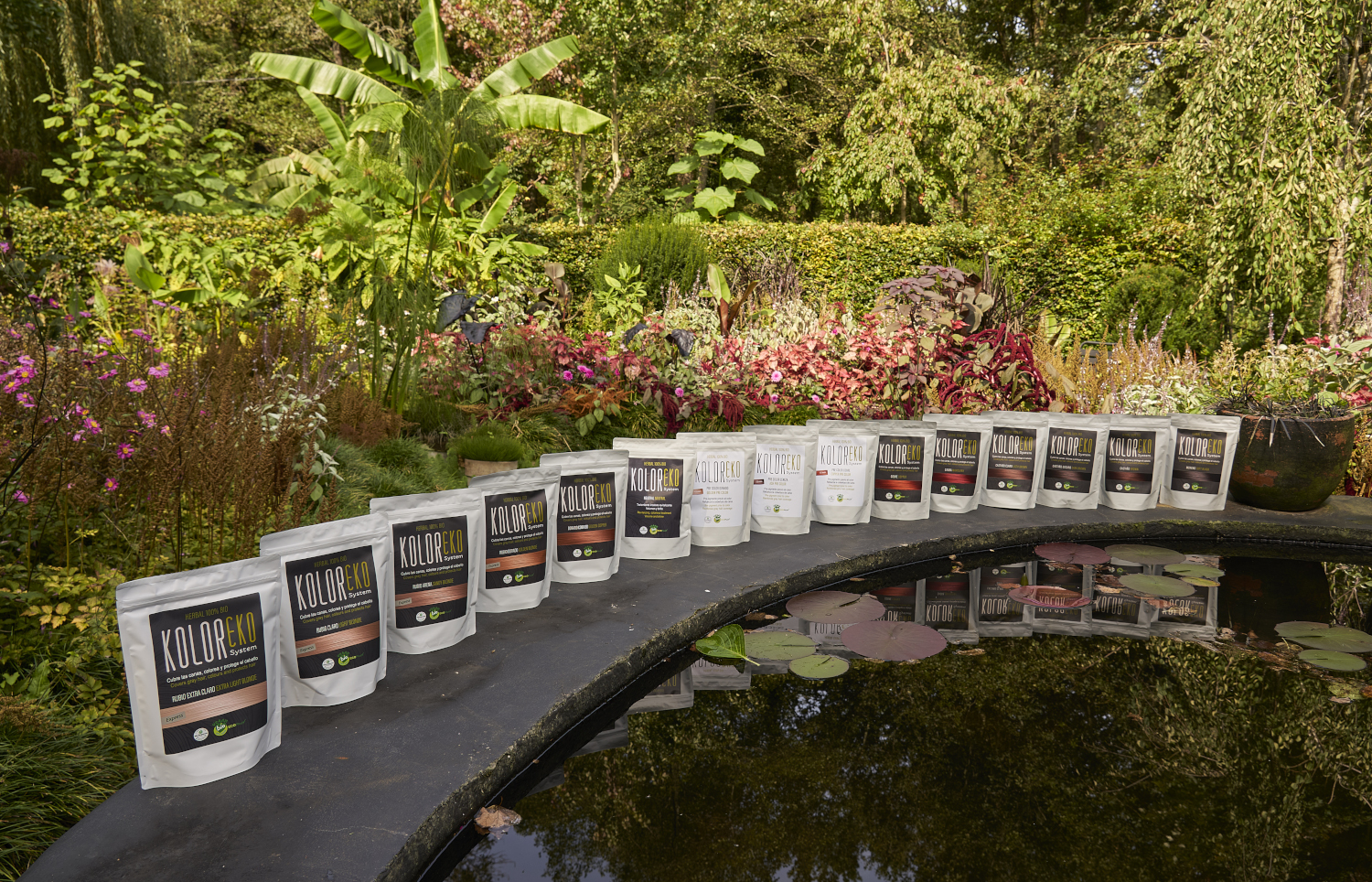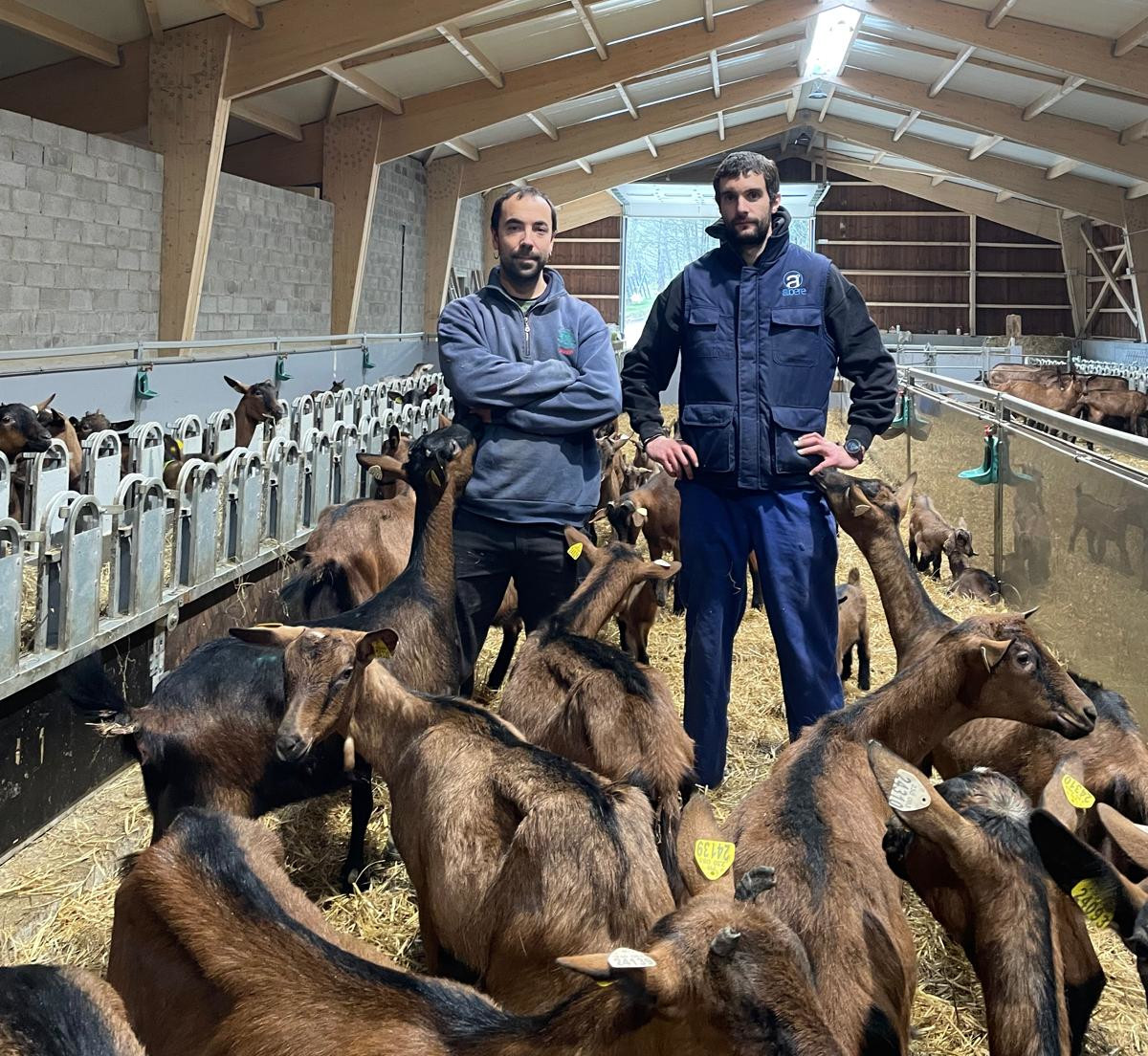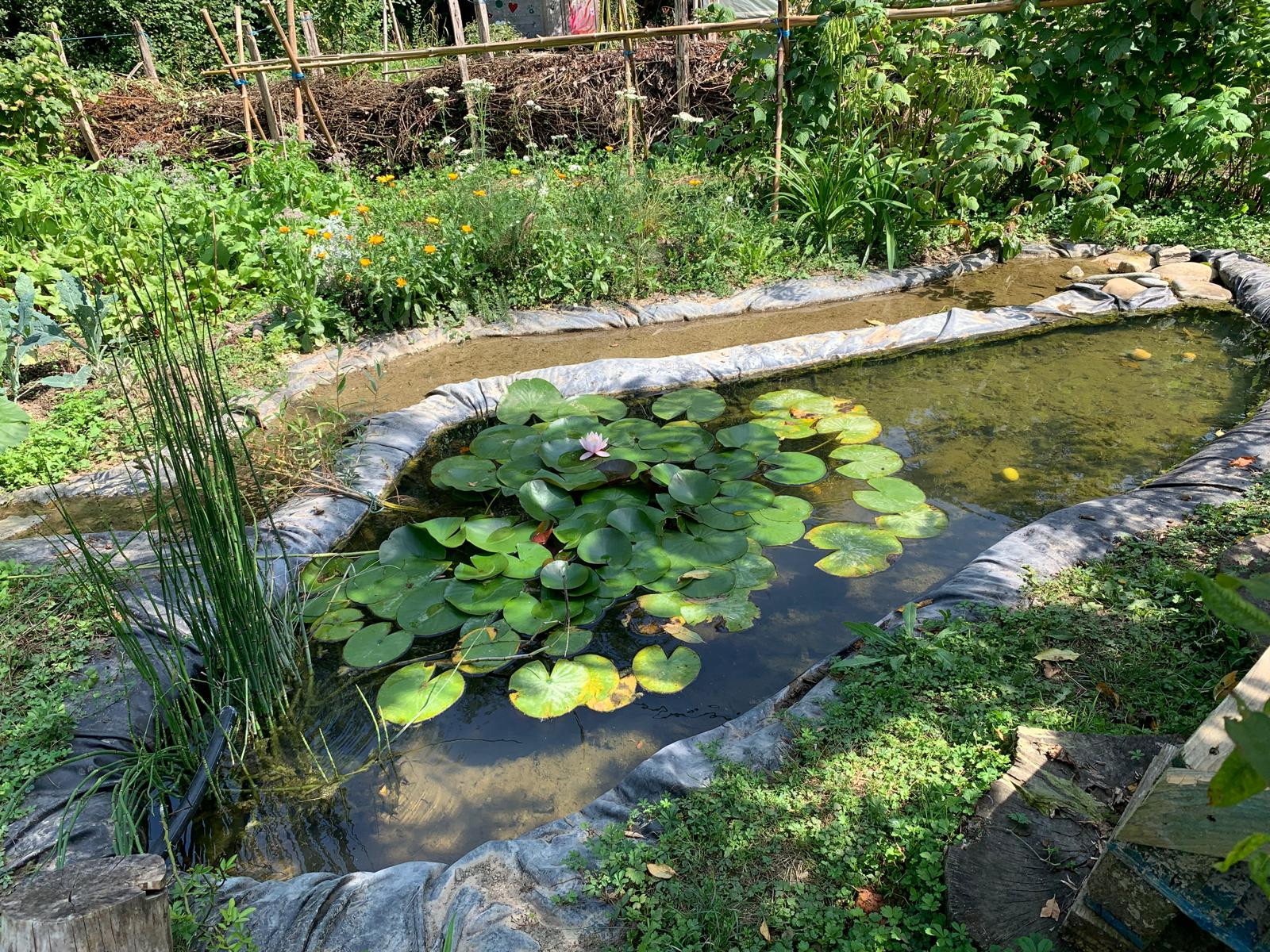
In 2008, Luisja Oregon Iñurrieta and his family made the leap from town to village. It was installed in the Urkizahar farmhouse of Beizama (Gipuzkoa), which had been empty since the 1970s, and Oregon began producing eco-friendly txakoli. “Our goal has never been to produce in an industrial way, but to give meaning to the dwelling and to show that even today living from it is possible,” explains the producer.
For the first time, the whole process in the farmhouse
It was in 2012 that the first batch of txakolis was launched under the name of Urkizahar. As they had no infrastructure yet, the family brought the grapes to a winery in Getaria to press it and store it in the vats. “The brand was ours and the txakoli too, but the elaboration was made in the winery of another.”
Although at first they were afraid, during these years they have seen that their eco-label txakoli has been recognized in the market: “It’s different from other txakolis, it has other flavors. I don’t know if it is for organic production, for the land, for the place or for everything.” In view of the good results, it has been decided to carry out the investment: They've created their own winery in the farmhouse. The txakoli to be released this year will be developed throughout the process in Urkizahar, from start to finish.
Choice of organic production
By cultivating the vineyards ecologically, those of Urkizahar know that they produce less than other txakoli wineries. According to Oregon, this model requires more labor. “There’s also a lot of labor in the conventional world, but think about the work of cutting the grass by hand from the moment you don’t throw herbicides on the ground.” Oregon, on the other hand, wants to avoid pollution caused by the use of pesticides and chemicals: “I wanted to do something clean, as was done in other times.”
Urkizahar has the smallest (and highest) vineyard of the name of Getariako Txakolina, with an area of 2.5 ha. Oregon knows another txakoli winery in Olaberria dedicated to organic production, and in Getaria some small vineyards. There are still few people working on this model.
“We are making a great effort and then not being thankful or valued enough.” Oregon has told us that many times these products are appreciated more outside than here. “We are not yet sufficiently aware of the importance of organic production.”
There is something to be done in this regard, according to the manufacturer. “We will eventually realize that we have to go back.”
Duela lau urte abiatu zuten Azpeitian Enkarguk proiektua, Udalaren, Urkome Landa Garapen Elkartearen eta Azpeitiako eta Gipuzkoako merkatari txikien elkarteen artean. “Orain proiektua bigarren fasera eraman dugu, eta Azkoitian sortu dugu antzeko egitasmoa, bere izenarekin:... [+]
Donostiako Amara auzoko Izko ileapaindegi ekologikoak 40 urte bete berri ditu. Familia-enpresa txikia da, eta hasieratik izan zuten sortzaileek ile-apainketan erabiltzen ziren produktuekiko kezka. “Erabiltzaileen azalarentzat oso bortzitzak dira produktu gehienak, baina... [+]
Ubidekoak (Bizkaia) dira Imanol Iturriotz eta Aritz Bengoa gazteak. “Lagunak gara txikitatik, eta beti izan dugu buruan abeltzaintza proiektu bat martxan jartzeko ideia”, azaldu du Iturriotzek. Nekazaritzari lotutako ikasketak izan ez arren, baserri munduarekin eta... [+]
Iruñean bizi ziren Iñaki Zoko Lamarka eta Andoni Arizkuren Eseberri gazteak, baina familiaren herriarekin, Otsagabiarekin, lotura estua zuten biek betidanik. “Lehen, asteburuetan eta udan etortzen ginen eta duela urte batzuk bizitzera etorri ginen”, dio... [+]
Gipuzkoako hamaika txokotatik gerturatutako hamarka lagun elkartu ziren otsailaren 23an Amillubiko lehen auzo(p)lanera. Biolur elkarteak bultzatutako proiektu kolektiboa da Amillubi, agroekologian sakontzeko eta Gipuzkoako etorkizuneko elikadura erronkei heltzeko asmoz Zestoako... [+]
Emakume bakoitzaren errelatotik abiatuta, lurrari eta elikadurari buruzko jakituria kolektibizatu eta sukaldeko iruditegia irauli nahi ditu Ziminttere proiektuak, mahai baten bueltan, sukaldean bertan eta elikagaiak eskutan darabiltzaten bitartean.






















